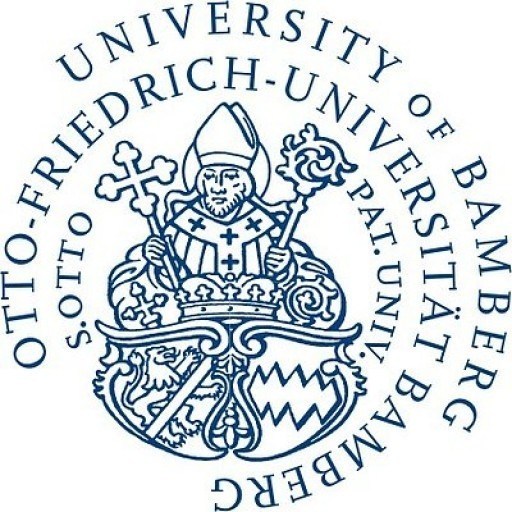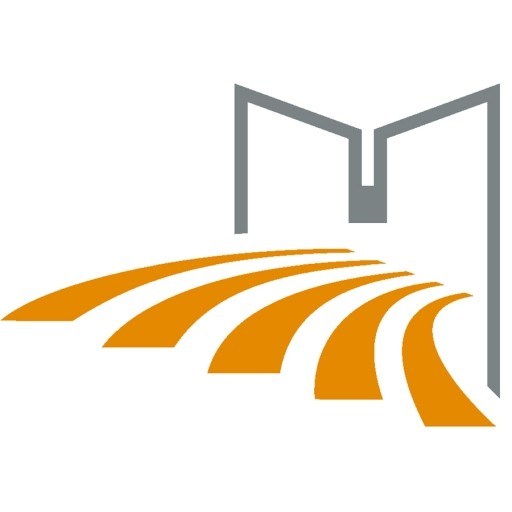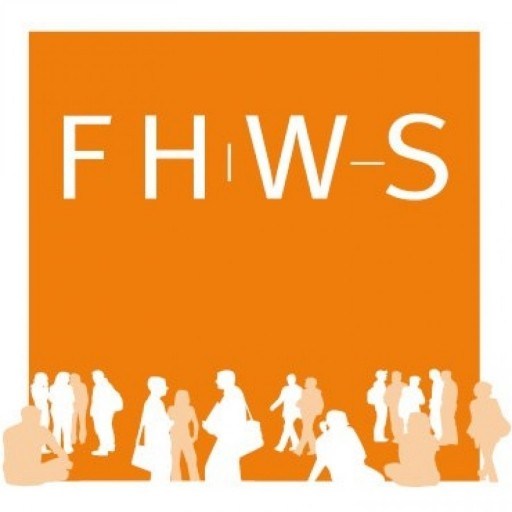European Economic Studies at the University of Bamberg offers an in-depth and comprehensive exploration of the key economic principles and policies that shape Europe's markets and economies. This interdisciplinary program is designed to equip students with a solid foundation in microeconomics, macroeconomics, economic policy, and European integration, preparing them for careers in international organizations, government agencies, research institutes, and the private sector. The curriculum combines theoretical approaches with practical applications, encouraging analytical thinking, quantitative skills, and critical understanding of economic issues within the European context. Students will engage with core topics such as market structures, fiscal and monetary policy, European Union institutions, and sustainable development, providing them with a nuanced perspective on economic challenges facing Europe today. The program emphasizes multilingual communication, intercultural competence, and policy analysis, preparing graduates to operate effectively in diverse and international environments. Through a combination of lectures, seminars, internships, and research projects, students will develop strong problem-solving abilities and a thorough understanding of economic interactions on both national and European levels. The program also integrates digital tools and data analysis techniques to enhance research and policy formulation skills. Graduates of this program will be well-positioned for roles in policy advisory, economic research, consultancy, and international cooperation. The international focus of the European Economic Studies program at Bamberg ensures students gain valuable insights into European economic integration, sustainable development strategies, and the impact of digital transformation on economic activities. With a blend of academic rigor and practical relevance, this program prepares students to become influential contributors to European economic policy-making and development, fostering leadership in an increasingly interconnected world.
Educational organisation
The three-year Bachelor's degree programme in EES (Economics) consists of a two-year study programme in Bamberg with economics as the basic subject in the first phase and a one-year stay at a foreign university during the second phase. Upon graduation, the Faculty for Social Sciences, Economics, and Business Administration of the University of Bamberg will award a Bachelor of Science (BSc) degree in European Economic Studies (EES).The European Credit Transfer System (ECTS) guarantees both international recognition of credits as well as the transfer of accomplished credits to other programmes at German universities in the case of relocation of a student to another university.
Part-time studies are possible.
A double degree with selected partner universities is possible.
Study abroad unit(s)
Stay abroad (two semesters of the three-year programme) obligatoryStudents can either choose one of the cooperating partner universities or other universities worldwide.
Please visit http://www.uni-bamberg.de/ba-ees/auslandsjahr/ for further information.
Internships
NoneForms of assessment
Written exams after lecture periods/semesters, seminar papers, written and oral exams in foreign languages, Bachelor's thesis during/at the end of the programmeCourse objectives
The European Economic Studies (EES) programme prepares students for the requirements of the professional world, which result from globalisation and the European integration process. The programme focuses on economic topics. In addition, the course of studies includes two foreign languages and the possibility of integrating courses from a series of related academic disciplines into the curriculum, according to individual preferences.The Bachelor's programme aims at providing students with core competencies in economics, i.e. macroeconomics, microeconomics, econometrics etc. The interdisciplinary character of the programme encourages students to become better acquainted with related disciplines like business administration, political science, law or sociology. After the Bachelor's programme students will have gained a high-level introduction to economics and related disciplines. Thanks to their compulsory study year abroad, they will have familiarised themselves with other ways of thinking, cultures, and study systems. Moreover, they should be fluent in the two foreign languages chosen. The business- and economics-related contents of the language courses make the language competencies highly applicable.
Language requirements
As the courses are mainly taught in German, applicants whose native tongue is not German need to certify their command of the German language through the "Deutsche Sprachprüfung für den Hochschulzugang ausländischer Studienbewerber (DSH)" (German language test for the university admission of foreign students). Alternatively, they can certify their command of the German language through:- a DSH certificate of a "Studienkolleg" or another university
- "Deutsches Sprachdiplom der Kultusministerkonferenz Stufe II"
- the certificate of the "Zentrale Oberstufenprüfung (ZOP)" of the Goethe Institute
- the certificate "Kleines Deutsches Sprachdiplom" or "Großes Deutsches Sprachdiplom" of the Goethe Institute
- a TestDaF with level 4 in all parts
Please also visit: https://www.uni-bamberg.de/auslandsamt/studieren-in-bamberg/ich-moechte-nach-bamberg/ohne-austauschprogramm/vor-der-bewerbung-voraussetzungen/









